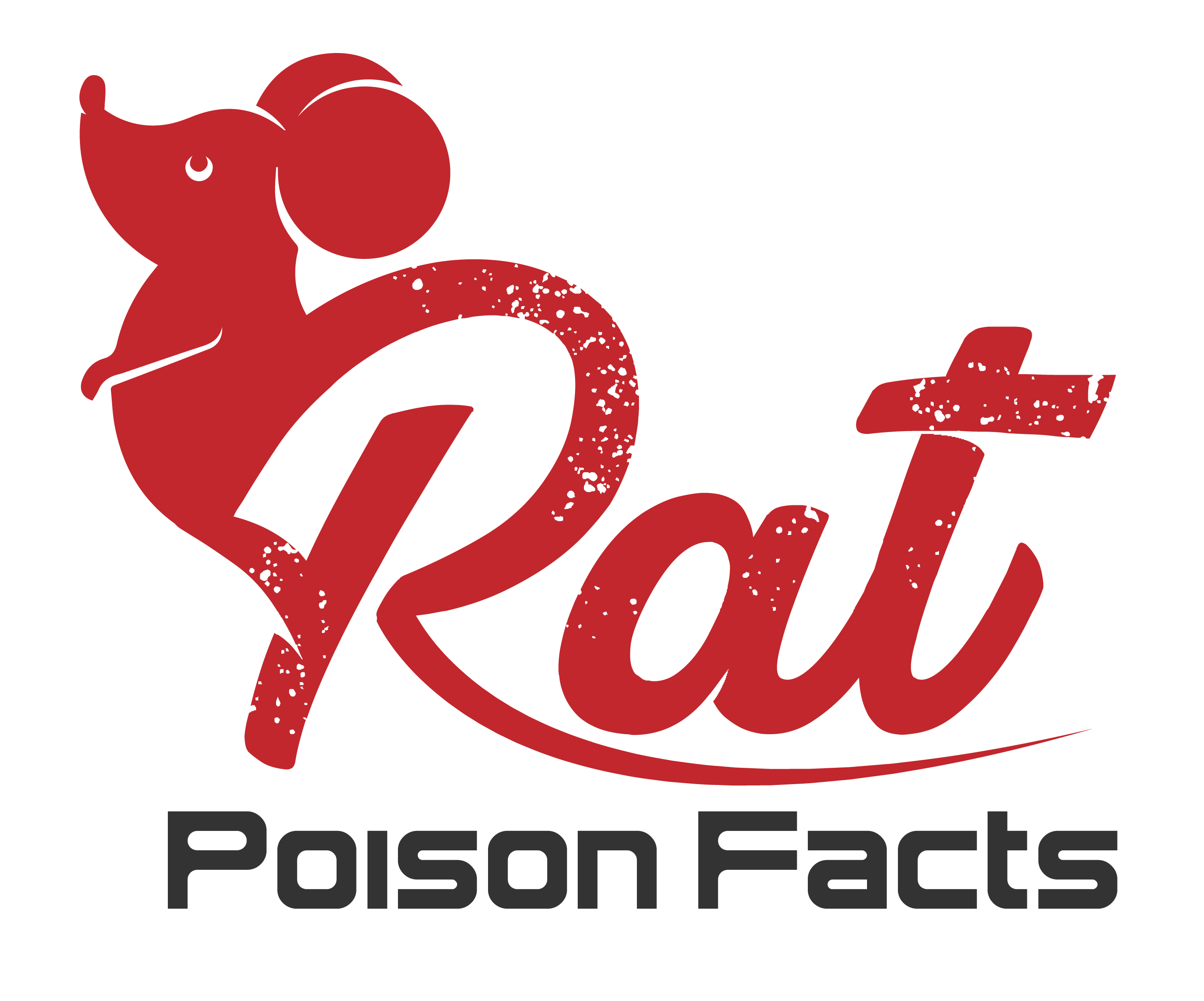Welcome to Rat Poison Facts! I’m Catherine, a high school senior working on a “Make An Impact” project designed to make a positive difference in the community and in the world. Rat Poison Facts is the result, a website containing detailed information and facts about rat poison and other rodent control methods. For a list of topics, keep reading, or view the sidebar on the right (tablet/desktop).
Reasons Why Rat Poison is Bad

While rat poison may seem like a quick solution to rid your house of these unwanted pests, it’s not. Unless you change your habits to keep your house “rat-unfriendly”, these rodents will keep coming back.
Young children, pets, and other wildlife can become unintentional victims of various rat poisons. In the US alone, thousands of children are sent to hospitals each year due to rat poison. Wildlife who eat rats, such as birds and bobcats, are also in danger of poisoning, as are your pets at home. Keep in mind that rat poison does not need to be consumed in order to exhibit effects on humans or other animals.
Anticoagulant rat poisons cause death by internal bleeding. Hypercalcemia poisons cause death by calcium crystals forming on various organs in a rat’s body, eventually causing heart issues, internal bleeding, and sometimes kidney failure. Rodenticides containing corn cause death by dehydration. Other poisons are built on the fact that rats are not able to pass gas. Essentially, the rats are fed substances containing gas, and they eventually die from bloated stomachs or internal ruptures and blockages.
None of the above are experiences humans would wish to go through. As humans, we must remember that we are gifted with compassion and empathy. If we understand the pain and suffering caused by these poisons, why would we subject other creatures to them?
